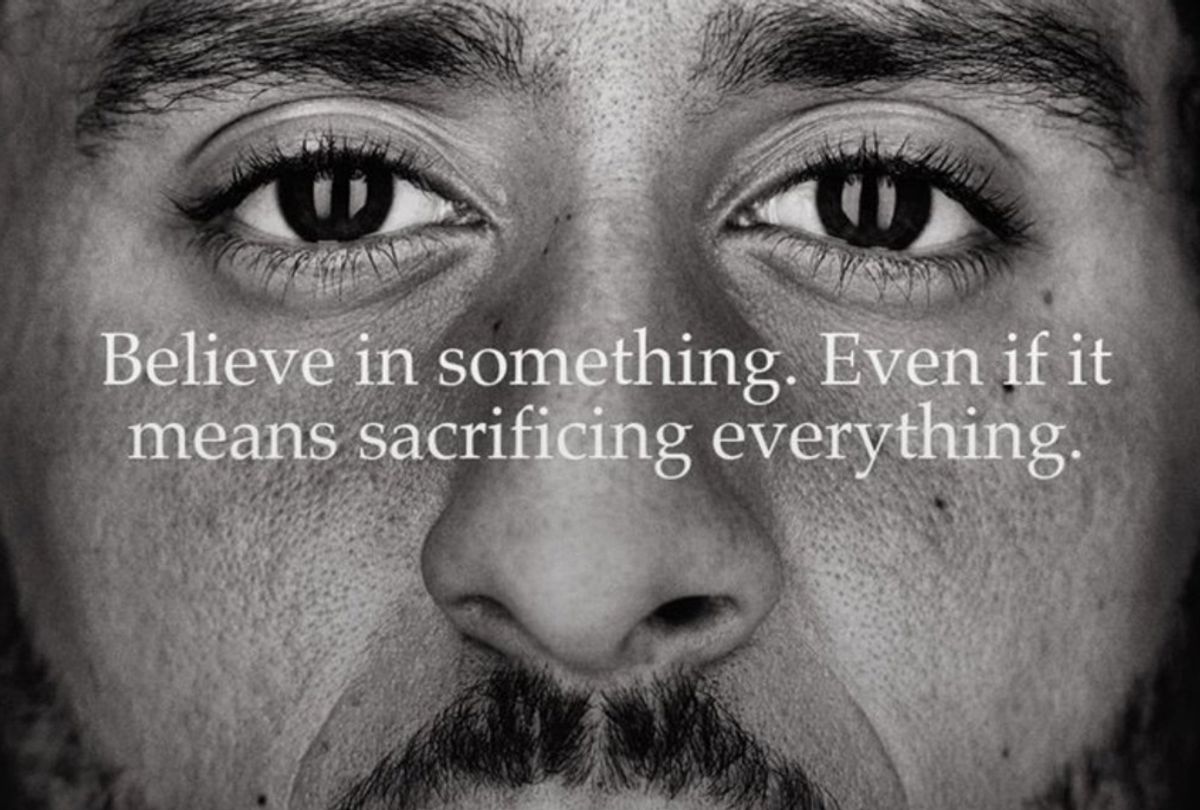More consumers want companies to address societal problems, including climate change and crumbling infrastructure.
Additionally, more than half want to buy from brands that take stands on social issues.
At the same time, consumers are increasingly skeptical about these partnerships, seeing them as marketing stunts. It’s called wokewashing.
I’m a professor of brand responsibility, and my forthcoming research investigates brands and their relationships with social issues, including the importance of both allies and advocates.
Allies or advocates
In marketing terms, allies are members of a dominant social group that bring attention to important social issues.
A company can serve as an ally when it works to increase awareness about issues affecting marginalized groups.
Advocates take a more active role, working to change political, economic and social systems.
Companies can be advocates when they create campaigns to promote institutional change and provide financial support for groups engaged in creating social change.
Yoplait’s campaign to address patronizing attitudes toward moms is an example of corporate advocacy.
Another is Stella Artois’ partnership with Water.org to end the global water crisis. This partnership has already raised more than US$3 million in donations to bring almost a million people access to clean water, according to a spokesperson from Water.org.
Pride month
However, corporate adventures into social issues aren’t always well thought out or received.
For example, consider this year’s Pride celebrations. The number of brands participating in Pride was at an all-time high in 2019. Brands, including T-Mobile, Alaska Airlines and MasterCard, featured supportive messages and announced donations to support the queer community.
Pride sponsors also included brands Equinox and SoulCycle. Customers organized a boycott of the brands on Aug. 7, 2019 after the chairman of their parent company announced that he is hosting a fundraiser for Donald Trump, who advocates say is anti-LGBTQ.
Some LGBTQ community members did not welcome large brand sponsorships to Pride, arguing that sponsorships take the focus away from issues of LGBTQ marginalization. These brands were not seen as authentic advocates, as they were not contributing directly to LGBTQ causes, but instead were paying for exposure.
They argued that brands don’t really care about the community, pointing to a lack of supportive messages throughout the rest of the year.
There are also concerns from members of the community that brands Pride while taking political stances that harm the LGBTQ community. More companies may be facing criticism of this kind as we approach the upcoming election cycle.
The importance of allies
Some companies may use causes to pander to consumers and deserve to be called out, but my research shows that corporate allies and advocates can have an important role in society.
Both engagement through allyship and advocacy continue to be important to keep issues in the spotlight in order to create significant social change.
I’m finding in my research that brands connecting with social issues can be a win-win: Consumers become aware of important social issues that may lack media exposure and brands connect with like-minded consumers in a more authentic way.
Kim Sheehan, Professor of Journalism and Communication and Director of the Master's Program in Brand Responsibility, University of Oregon



Shares